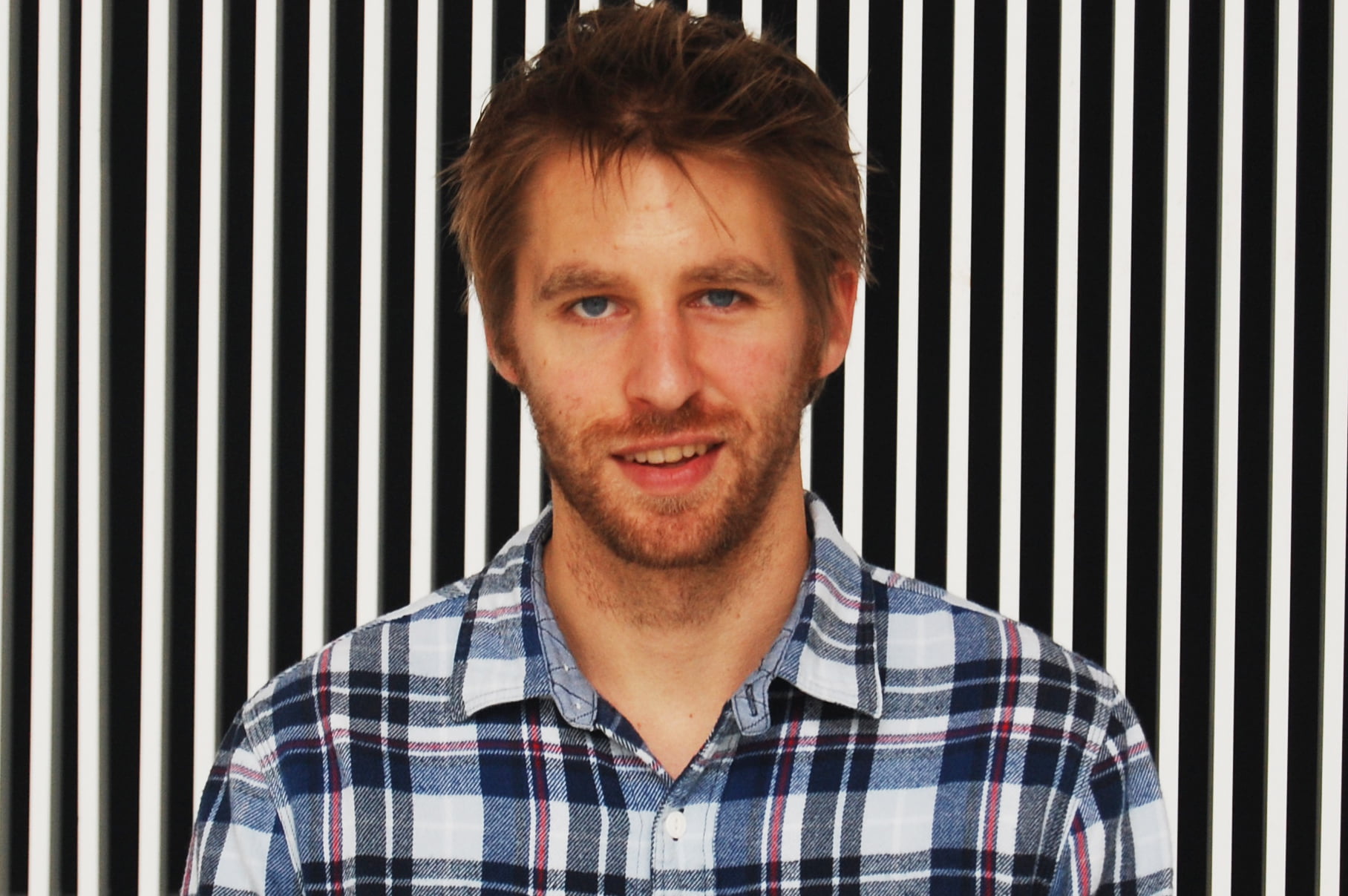The improbable election of Donald Trump relied on myriad factors. Among the most important of these, I argue here, was Trump’s deft use of the social media site Twitter, which Trump used as a means to both communicate with his supporters directly, and to reach a far wider audience in the mainstream media. In adopting this hybrid communications strategy, Trump’s political communications reached a wider audience, on a sturdier basis, than earlier figures who had similarly adopted what I dub a “paranoid populist” philosophy. I present case studies of two of these historical figures, Charles Coughlin, whose radio “sermons” reached millions in the 1930s, and Pat Robertson, whose cable television network inspired a devout following from afar. The grander political ambitions of both Coughlin and Robertson were stymied by a combination of technological, legal and economic factors, which did not serve to constrain Trump’s candidacy in the same way. Instead, Trump’s hybrid use of Twitter blended the breadth of Coughlin’s audience with the depth of Robertson’s following, providing him both an unfiltered line of communication to his supporters and a means of reaching a far wider audience through the provocative nature of his pronouncements. Through a combination of theoretical and empirical analysis, I illustrate the extent of Trump’s paranoid populism on Twitter, and explain how Trump secured an avalanche of mainstream media coverage through the eternally controversial nature of his candidacy. I conclude with some reflections on Trump’s early presidency, and his evolving use of Twitter as a platform for decrying the very news organizations without whose coverage his election would have proved impossible.
About Josh Cowls
Josh Cowls is a graduate of MIT's Comparative Media Studies program, having previously gained degrees from the universities of Exeter and Oxford in the UK. While with CMS, Josh wrote his thesis on the impact of social media on the 2016 presidential election. After graduating from the program, Josh returned to the UK, and he can now be found researching data ethics at the Alan Turing Institute in the British Library in London.



